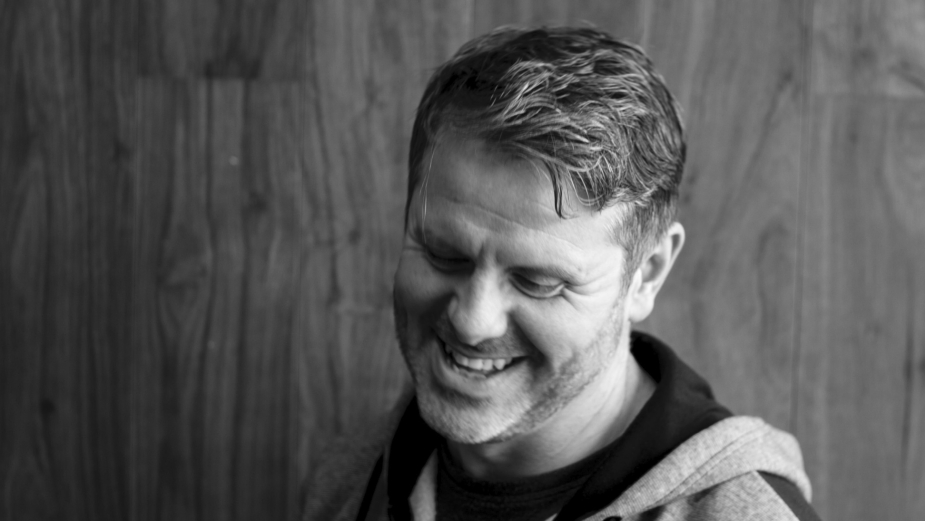
Failing Up Part One - Culture

Mistakes. Some people hide them. Some people embrace them, some people learn from them. Some people do all of the above and more. What is true though, is that out of the back of any mistake can be found a learning, should you want to look for it.
My partners and I started Collective almost 20 years ago. Over that time we’ve had some brilliant ups, some crushing downs, had to make a lot of difficult choices and, because we’re human, we’ve made the odd mistake along the way.
And, obviously, we’ve taken on the learnings (most of the time).
So we thought it might be helpful to lay those mistakes out there for everyone (because, let’s be honest, some of them are funny/idiotic/cringeworthy) and deliver our learnings so you can all take them on and use them in your own progression. Or, at least not make the same ones we did.
And, as I write more of them, it's become quite cathartic. Like exorcising ghosts of the past.
In part one I'm going to look at…..
Culture
Overview: Inextricably interwoven into attracting and keeping talent is culture. Agency culture is one of the reasons why we don’t work in the city or in solicitor’s firms earning lots more money. Sure, it’s hard work, but what we do is meant to be, at least some of the time, fun. That happens when you are doing good work in a good culture.
At the heart of a good culture is a belief system and way of looking at the world that people understand and buy into. It’s vitally important when it comes to recruitment.
How we got it wrong: We’ve always prided ourselves on our lack of ego and politics and our pretty flat structure. We set ourselves up as the antithesis of big agency networks; small, nimble, agile, people centered and a more human and tolerant place to work. But that meant we were also, as the founders of the business, everyone’s friend. We were more like a true collective. But… we weren’t. As founders, we had all the legal responsibility, we had our houses on the line, we had to pay the bills and wages every month. All the serious stuff was on our shoulders.
The realisation: This came to a head in the early days when we took the whole agency to Latitude festival. Unbeknownst to us, the coach company we were using had gone bust during our time partying so when we all gathered with tents and bags, somewhat tired, it didn’t turn up. There was a ‘collective’ turn towards us with a ‘what shall we do?’. Of course, it was to be expected. But we weren’t everyone’s friend in that moment, we were definitely their bosses. The penny dropped.
These are our learnings:
1. A culture can be more caring, more people-centered, more human than others. But certain fundamental imperatives in business remain. Culture is the operating system, not ‘the business’. People still need bosses. Businesses still need to make money. You can be a friendly, approachable leader, but you can’t be everyone’s friend.
This was a big learning for us. We wanted an agency where everyone was an emotional ‘grown up’ but there are times when you are the boss, and that’s part and parcel of being a good leader.
2. Just like consumer confidence, cultures take years to prorogate, and a few bad decisions to destroy. Always remember that one of the biggest reasons people come and work for you is because they have bought into your way of operating. Abuse that trust at your peril.
3. Look to the edges. There will always be people who take your flexibility or trust and, for want of better words, ‘take the piss.’ Like a bonsai tree, protect and nurture your shape, but trim carefully to prevent it becoming something it shouldn’t be.












